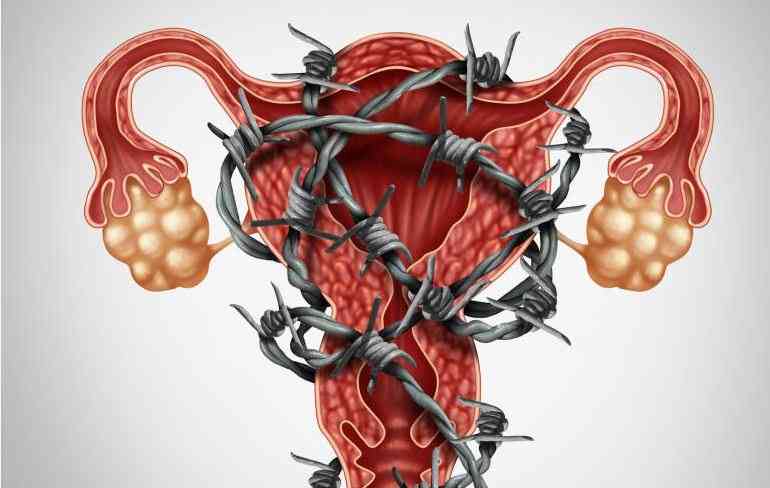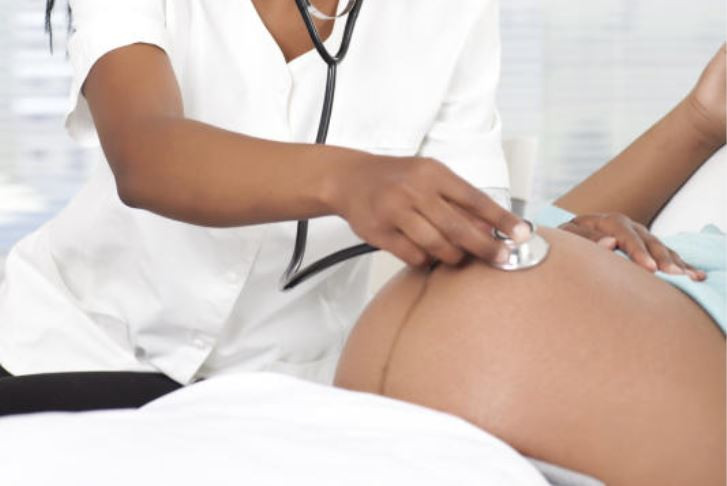
Most women in the reproductive age group are familiar with the term fibroid. Fibroids are ‘golf-ball’ like swellings commonly found within the body of the womb (uterus). They are fairly common, especially in African women.
It is important to be aware that fibroids are not cancer, and can be left alone for the lifetime of the woman. The exact cause of fibroids is not known, though there appears to be a genetic link.
Many women with fibroids do not experience any symptoms. The diagnosis tends to be incidental, following pelvic imaging for other reasons.
But some will experience symptoms like heavy periods, heaviness or swelling in the lower abdomen, and pressure symptoms caused by large fibroids compressing other pelvic structures.
Consult a doctor
If any woman experiences symptoms that may be attributable to fibroids, they should always consult their gynecologist. This is because such symptoms may overlap with other conditions that may need to be excluded.
A diagnosis is made following typical symptoms, in combination with a clinical examination and subsequent tests. Confirmation of the diagnosis is made by pelvic imaging, almost exclusively by ultrasound.
The mere presence of fibroids in absence of symptoms does not warrant any treatment. However, troublesome symptoms usually warrant appropriate treatment.
The choice of treatment is guided by factors such as age, desire for future fertility and women’s preference. Some will be suitable for medical treatment, which might include use of certain hormonal therapies. Others may only be suitable for surgical treatment.
There are also newer treatment techniques aimed at targeted destruction of the fibroids, while maintaining an intact uterus. Fibroids may recur following conservative treatments.
Can fibroids be removed?
Removal of the fibroids (called myomectomy), or simply removing the whole uterus (hysterectomy) are the surgical options. Most women, however, undergo unnecessary surgery when more conservative measures may have been applicable.
Surgical risks and cost must always be weighed against other treatment options. The overriding principle should be to undergo surgery only if other alternate options aren’t applicable.
There is a common misconception that fibroids cause infertility. This is rarely the case, and other causes of infertility must first be excluded before attributing the cause to fibroids. Majority of women with fibroids will conceive spontaneously, and have normal pregnancies.
Fibroids tend to shrink after the menopause, and there are hardly any symptoms at that point. Caution is, however, advised if fibroids are diagnosed in the menopausal period as this may imply a more serious condition.
Dr Alfred Murage is a Consultant Gynecologist and Fertility Specialist. [email protected] Would you rather see the future or change the past?
 The Standard Group Plc is a multi-media organization with investments in media platforms spanning newspaper print
operations, television, radio broadcasting, digital and online services. The Standard Group is recognized as a
leading multi-media house in Kenya with a key influence in matters of national and international interest.
The Standard Group Plc is a multi-media organization with investments in media platforms spanning newspaper print
operations, television, radio broadcasting, digital and online services. The Standard Group is recognized as a
leading multi-media house in Kenya with a key influence in matters of national and international interest.










